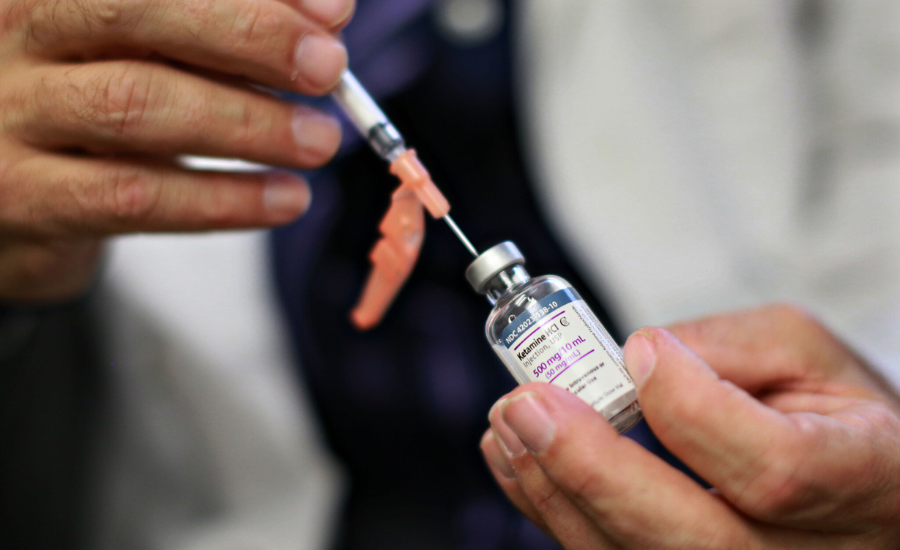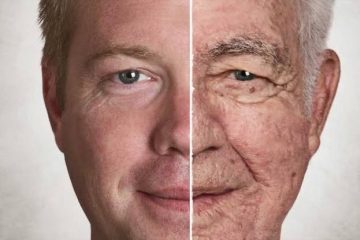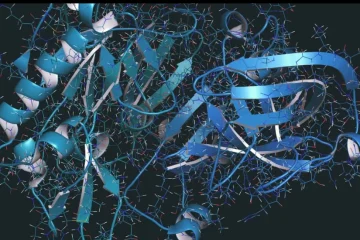Repressed childhood trauma can show up in many ways and can affect how we feel and think. Sometimes, we don’t even notice it because our minds try to hide those painful memories to keep us safe.
It’s important to learn how to deal with this hidden hurt so we can feel better emotionally. One exciting option for help is ketamine medication. It has shown great promise in giving quick relief to those dealing with feelings tied to past trauma and post-traumatic stress disorder.
The Science Behind Ketamine and Trauma Recovery
Ketamine is often known for its use as an anesthetic. But it’s becoming more popular for its helpful role in treating conditions like:
- depression
- anxiety
- PTSD
One of the great things about ketamine is its power to encourage neuroplasticity. This means it helps the brain create new connections and pathways. This can be very beneficial in breaking free from old emotional patterns.
Breaking Down Barriers to Healing
Many struggle to seek help for childhood trauma. Revisiting painful memories can be overwhelming. Ketamine therapy provides a supportive environment for people to gently explore their emotions.
Unlike traditional therapies, it allows a more relaxed approach to facing tough experiences. This safe space helps individuals confront and understand their feelings in a way that feels manageable.
How Ketamine Therapy Works
In ketamine treatment sessions, patients usually receive their meds in a safe, supportive setting. This treatment helps change the brain’s chemistry, which can boost mood and ease feelings of anxiety or depression.
Patients may experience a deep sense of calm and a distance from negative memories. This new view lets them explore their feelings. They can do so without the discomfort that can come with talk therapy.
Long-Term Benefits and Considerations
Ketamine can have a powerful impact on your life right away, and continuing therapy can help you keep those positive changes. Studies show that ketamine therapy can lead to real improvements in anxiety and depression, even after the sessions are over.
You might find it helpful to combine this with other treatments, like cognitive-behavioral therapy. This combination can support your healing journey from past trauma.
- Rapid relief from anxiety and depression
- Promotion of neuroplasticity
- Accessible treatment
- Complementary to traditional therapy
Accessible Treatment Options
The rising popularity of ketamine therapy for mental health issues is great news! More people can now access this treatment across the country. Mental health professionals are starting to see how ketamine can help those dealing with past childhood trauma.
Patients need to talk with healthcare providers who focus on this therapy. They can help create personalized treatment plans. These might include referrals for ketamine therapy for anxiety or other supportive treatments.
A New Path to Healing from Repressed Childhood Trauma
As awareness of repressed childhood trauma grows, so does the demand for effective treatments. Ketamine therapy stands out in mental health care. It offers quick relief and supports deep healing.
By boosting neuroplasticity, it creates a safe recovery space. This allows many to access emotional freedom previously thought impossible.
If you or someone you know has repressed childhood trauma, consider talking to a therapist about ketamine therapy. It could be the first step to regaining happiness and emotional health.
Want to explore more? Check out our blog Buzz Revolve for articles on a range of topics.




